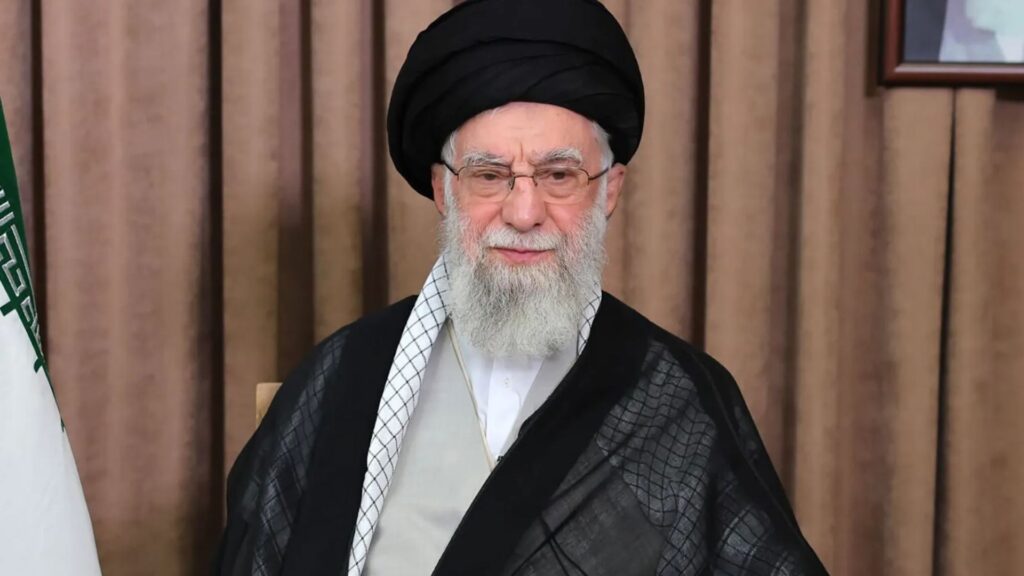
Iran has executed three prisoners accused of spying for Israel, intensifying its crackdown following the recent 12-day conflict. The men, identified as Idris Ali, Azad Shojai, and Rasoul Ahmad Rasoul, were hanged on Sunday morning. Their execution was broadcast on state television, where they appeared in blue prison uniforms following their conviction for espionage.
This development comes as Iran grapples with internal and external pressures post-conflict. Over the past ten days, at least six individuals have been executed under orders from Iran’s Supreme Leader, Ayatollah Ali Khamenei, with an additional 700 people arrested.
Crackdown and Repression
The executions are part of a broader strategy by the Iranian government to suppress dissent and maintain control after the ceasefire with Israel. Mahmood Amiry Moghaddam, a prominent Iranian human rights advocate, commented on the situation:
“After the ceasefire with Israel, the Islamic Republic needs more repression to cover up military failures, prevent protests, and ensure its continued survival. Executions are the Islamic Republic’s most important tool for instilling societal fear, and in the coming days and weeks, hundreds, perhaps thousands, of prisoners might be at risk of execution.”
These actions underscore the regime’s reliance on severe measures to deter opposition and maintain its grip on power. The international community has expressed concern over the increasing use of capital punishment as a political tool.
British Nationals Detained
Meanwhile, the plight of a British couple detained in Iran on espionage charges continues to draw attention. Craig and Lindsay Foreman, both in their 50s, have been imprisoned for nearly 150 days. They were arrested during a global motorbike trip, despite warnings from the UK Foreign Office about traveling through Iran.
The Iranian authorities allege that the couple was “posing as tourists” to gather intelligence, a claim that has been met with skepticism by their family and the British government. The couple’s son has publicly expressed his devastation over their arrest, highlighting the emotional toll on families caught in geopolitical tensions.
Geopolitical Implications
The executions and arrests are part of a larger pattern of behavior by Iran, which has historically used espionage charges to target both domestic and foreign individuals perceived as threats. This tactic not only serves to eliminate dissent but also sends a message to the international community about Iran’s stance on espionage and foreign interference.
Experts warn that the current climate in Iran could lead to further human rights abuses. The international community, particularly Western nations, faces a challenging diplomatic landscape as they navigate relations with Iran amid these developments.
Looking Ahead
The situation in Iran remains volatile, with the potential for further crackdowns and executions. The international community continues to monitor the situation closely, urging Iran to adhere to international human rights standards. As tensions persist, the fate of those accused of espionage and other political crimes hangs in the balance.
For the families of those detained, the hope for a resolution remains a distant prospect, as diplomatic efforts continue behind the scenes. The broader implications for regional stability and international relations are yet to unfold, as Iran’s internal policies continue to impact its global standing.







